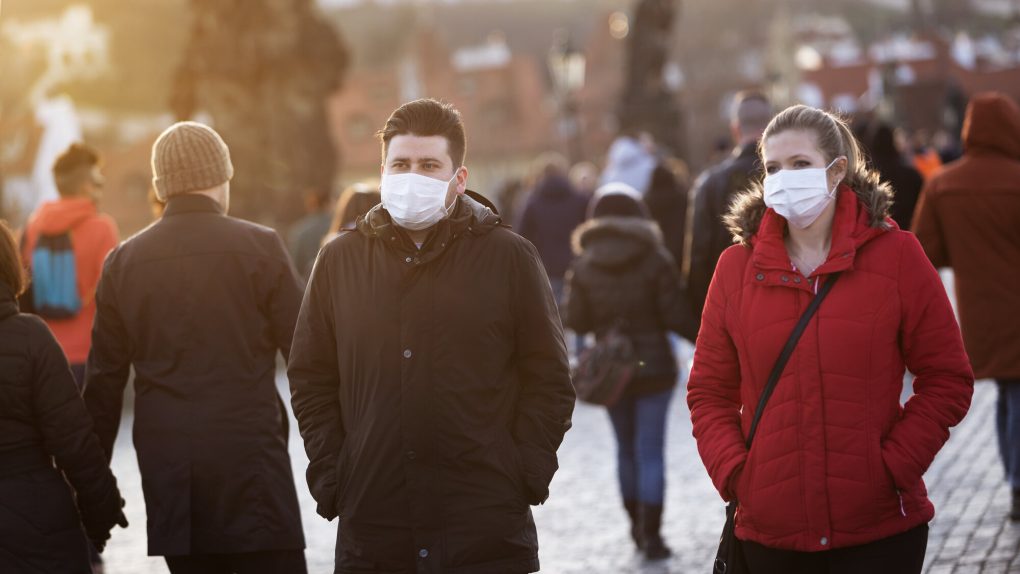- A team of researchers from Finland found that 91% of the people tested for coronavirus antibodies still had neutralizing antibodies six months after surviving COVID-19.
- The study suggests the immune response after COVID-19 is potent, and protection against reinfection might be long-lasting.
- The results are promising for vaccines, which have proven to elicit an immune response in clinical trials that’s comparable or better than exposure to the pathogen.
The first coronavirus vaccines to be approved for emergency use arrived in record time, less than a year after discovering the new pathogen. Ample vaccination campaigns are already underway in the US and UK, with other countries in Europe to follow soon. A large percentage of the population will have to be immunized for countries to develop herd immunity. Public health experts often explain that protection might be reached only once 70% of the population is vaccinated. Herd immunity should significantly reduce the spread of COVID-19 because the virus would have a much harder time finding a host it can infect.
There’s one other factor that will influence the success of vaccination campaigns, aside from the number of people in a community who are inoculated. That’s the amount of time immunity lasts after recovery or vaccination. The longer the immunity lasts, the better herd immunity would work. Now, a new COVID-19 immunity study gives us another reason to be hopeful that vaccines will help the world beat the pandemic. Researchers discovered that most people who get infected with coronavirus develop a robust immune response that appears to last a long time.
BGR’s Top Deal of the Day

The Finnish Institute for Health and Welfare (THL) discovered that 91% of the 867 samples it tested had high levels of COVID-19 neutralizing antibodies six months after the initial infection. The participants were over 18 and contracted the virus at least six months before the start of the study. All 129 study participants who needed hospitalization for COVID-19 treatment had neutralizing antibodies six months later.
“The antibodies surviving for such a long time in such a high share of people who had contracted the virus is a promising finding, and especially the discovery of neutralizing antibodies could signify a longer-term protection against the disease,” THL’s Merit Merlin said in a statement.
The researchers previously found that most participants in a study had neutralizing antibodies four months after the illness. Research is ongoing.
Antibodies are created after infection with the virus or after a vaccine. These proteins patrol the bloodstream and they will bind to the spike protein of the virus, blocking it from infecting cells if a person is exposed to SARS-CoV-2 again. The longer the antibodies live, the longer the protection will be.
Aside from neutralizing antibodies, the immune system also trains white blood cells called B and T cells to recognize the virus upon reinfection. Even if the neutralizing antibodies disappear, which can happen after a few months, those B and T cells are still present, ready to create new antibodies and kill the virus. A different report said recently that COVID-19 survivors showed a potent B and T cell response some eight months after exposure to the virus.
THL’s study only focused on neutralizing antibodies, but the group’s findings are promising nonetheless. “Our discovery that neutralizing antibodies survive in most people for six months after the infection increases optimism also about the long-term protection provided by vaccines,” THL researcher Arto Palmu said in a statement.
Some of the other similar coronavirus antibody studies said that COVID-19 antibodies might wane after three months. If most people who had the illness develop long-lasting antibodies, the same might happen with vaccinated people. Vaccine studies have shown that volunteers in clinical trials developed antibody levels comparable to or better than COVID-19 survivors. Others have said antibodies are present many months after the original exposure. Antibodies might not block reinfection or infection after vaccination, but they could prevent the virus from attacking the lungs. In turn, this would prevent severe COVID-19 symptoms and complications.
The report notes that it’s still unclear what amount of antibodies is enough to protect against reinfection or severe COVID-19. More studies will be required to measure the immunity quality, both in COVID-19 survivors and in vaccinated people. THL could further improve its estimates as more time passes.
China is in a unique position where it could offer the world more data about COVID-19 immunity. The first people in Wuhan to survive the illness were infected more than a year ago at this point, and blood tests would be enough to detect the levels of antibodies, as well as T and B cells.








